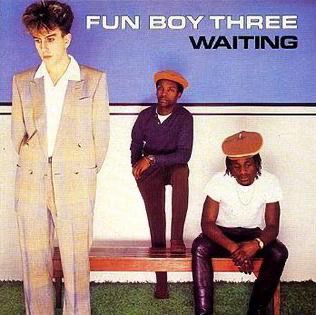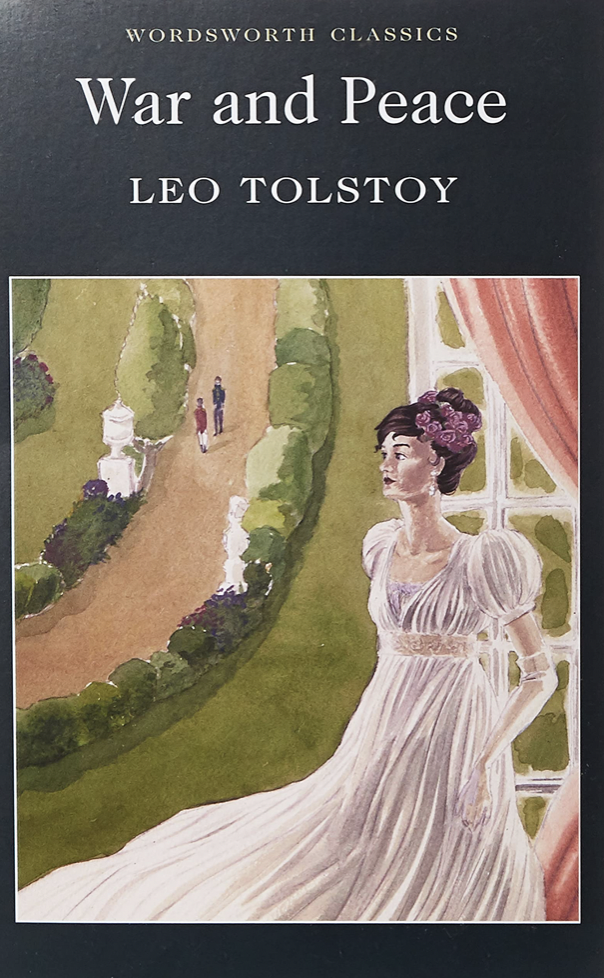By Cormac Stephen Synnott, Year 12
Released by Fun Boy Three in 1983, and produced by David Byrne of Talking Heads, Waiting is generally the album of Fun Boy Three’s two that is remembered less favourably. It failed to be as successful at charting as its predecessor, other than in New Zealand, where it reached 11th, and in the United States of America, where it reached 104th. It also did not have the advantage of generating attention through collaborations with Bananarama, as its predecessor had. However, despite this, I feel it is unfair to compare the two albums, believing that Waiting is in fact near flawless.
Before looking at Waiting itself, it is important to look at Fun Boy Three. Formed in 1981, Fun Boy Three was composed of Lynval Golding, Terry Hall, and Neville Staple, who formed the band shortly after the dissolution of The Specials– a very successful 2-tone band. Though their previous band had been distinctly 2-tone, which is to say a fusion of Jamaican Ska and British punk music, Fun Boy Three is much more comparable to the New Wave of the late 70s and early 80s. This becomes greatly evident in Waiting, which is produced by David Byrne of Talking Heads, among the most successful New Wave bands of all time; as such, the New Wave influence and tone becomes much clearer.
Recording for Waiting began in October of 1982 and the album was released in February of the following year. The album was met with praise from critics, despite failing to perform as well commercially as their previous album. One of the album’s major strong points lies in its somewhat narrative songs, often featuring political themes. As stated by Robert Palmer of the New York Times, “The songs are full of barbed political and social commentary with a decidedly English bias.” These socio-political tracks are certainly the album’s strong suit. The Farmyard Connection, for instance, tells the story of two employees on a cannabis farm. However, the song brilliantly calls into question the critical narrative often pushed by the media. The song shows both the humanity of the two farm-workers, with lines such as “And when the lawsuit gone and took away our weed/Bam went another week’s wages, bam went a family’s feed” illustrating this perfectly. The song also discusses the flawed nature of the justice system.
Not only this, but the album musically is a good example of a fusion of genres that at first glance may not seem entirely evident. 2-tone, with its characteristic brass instruments and caribbean influences may not beg to be combined with early 80s pop, but it is a fusion that works. Quite often, the band members use somewhat unorthodox instrumentation. For instance, the album opens with “Murder She Wrote”, a piano-led instrumental; something that may seem out of place in terms of pop music of the same era. However, this works very well here. Tracks like Tunnel of Love and Our Lips Are Sealed on the other hand are very much so pop based songs, however the 2-tone/ska inspiration is still evident and used to full effect. David Byrne’s production is also responsible for a lot of the album’s qualities, with Rolling Stone’s David Fricke stating that “Without muting the dark irony of the group’s eponymous debut album, Byrne discreetly amplifies the spare arrangements with a sly pop sparkle.”
Essentially, Waiting presents itself well, not only as 2-tone, but also as new-wave. Illustrating not only a good example of musical fusion, but also an album of immense merit in terms of political commentary and songwriting.



